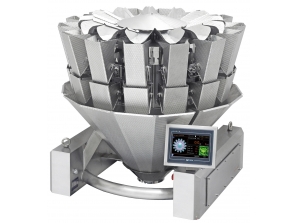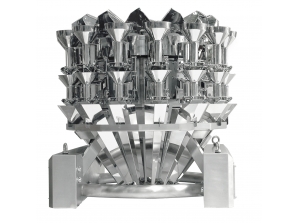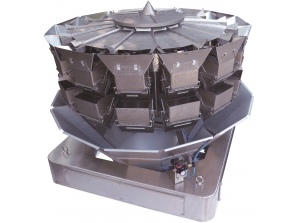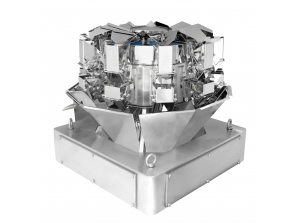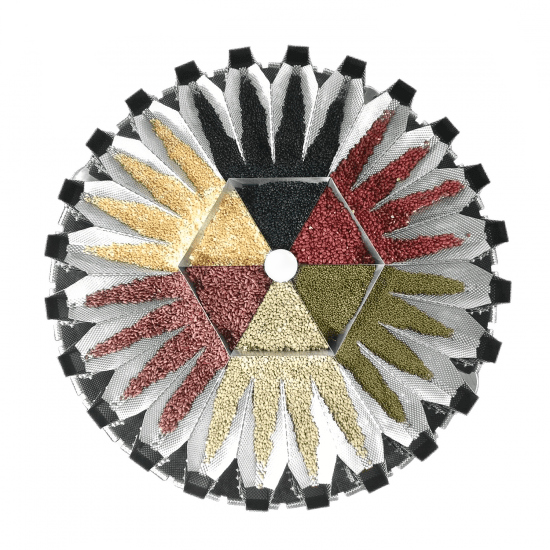Slot machines have become an integral part of the gambling industry, both in land-based casinos and online platforms. These machines are designed to provide entertainment for players while also offering the chance to win money. However, the outcome of each spin is determined by complex algorithms known as payout algorithms. In this article, we will delve into the science behind slot machine payout algorithms and explore the regulatory standards that govern their operation.
The concept of slot machine payout algorithms dates back to the invention of the first mechanical slot machine in the late 19th century. These early machines used a system of gears and levers to randomly determine the outcome of each spin. As technology advanced, electronic slot machines were introduced, and with them, more sophisticated payout algorithms.
Today, slot machines operate on computerized systems that use random number generators (RNGs) to determine the outcome of each spin. These RNGs are designed to generate a sequence of numbers that correspond to the symbols on the reels. When a player presses the spin button, the RNG selects a random number that determines the position of the reels and the outcome of the spin.
While the concept of RNGs may sound simple, the algorithms behind them are highly complex. These algorithms are https://nonukcasinosites.co.uk/curacao-betting-sites/ designed to ensure that each spin is truly random and independent of the previous spin. This means that the outcome of a spin cannot be predicted or manipulated in any way.
Regulatory Standards for Slot Machine Payout Algorithms
In order to ensure fairness and transparency in the operation of slot machines, regulatory standards have been put in place to govern the use of payout algorithms. These standards are enforced by regulatory bodies such as the Nevada Gaming Control Board and the UK Gambling Commission.
One of the key regulatory standards for slot machine payout algorithms is the requirement for RNGs to be certified by independent testing labs. These labs are responsible for testing the RNGs to ensure that they generate truly random and unbiased outcomes. Once a slot machine has been certified, it is assigned a seal of approval that indicates it has met the regulatory standards for fairness.
Another important regulatory standard is the requirement for slot machine payouts to meet a minimum payback percentage. This percentage, which is set by regulatory bodies, determines the amount of money that must be paid back to players over time. For example, if a slot machine has a payback percentage of 95%, it means that on average, the machine will return $95 for every $100 wagered.
In addition to these standards, regulatory bodies also monitor the performance of slot machines to ensure compliance with regulations. This includes conducting audits of the machines to verify that they are operating as intended and investigating any complaints of unfair play.
Overall, the science of slot machine payout algorithms is a fascinating and complex subject that plays a crucial role in the gambling industry. By adhering to regulatory standards, casinos can ensure that their slot machines operate fairly and provide a positive experience for players.
Key Takeaways: – Slot machines use complex algorithms known as payout algorithms to determine the outcome of each spin. – Regulatory standards govern the operation of slot machine payout algorithms to ensure fairness and transparency. – RNGs are certified by independent testing labs to ensure they generate truly random outcomes. – Slot machines are required to meet minimum payback percentages set by regulatory bodies to ensure players receive a fair return on their wagers.
